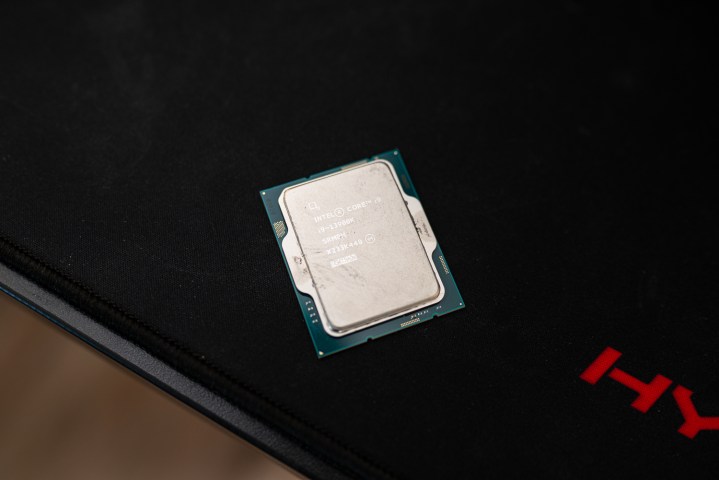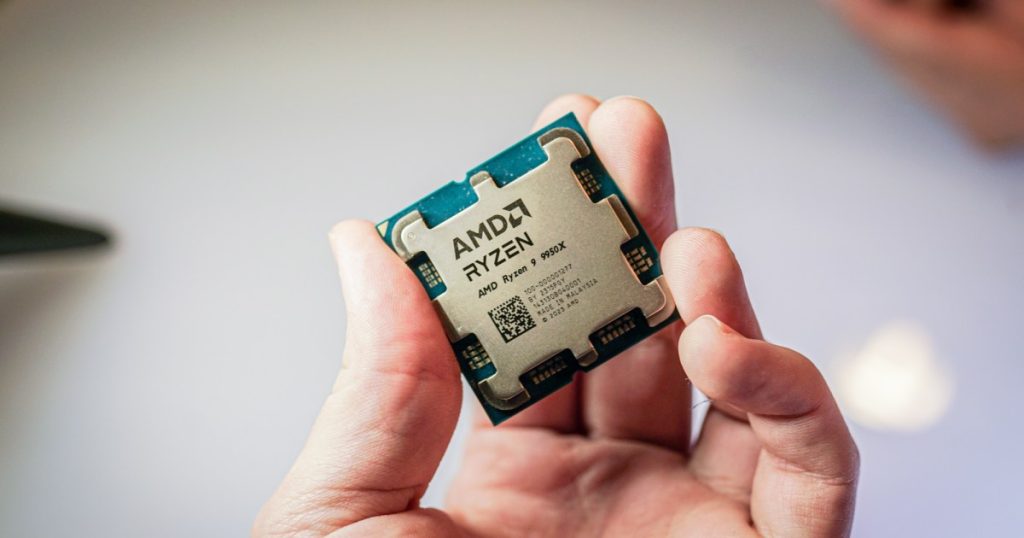While some components in your PC are optional, a solid processor is essential for it to function. CPU failure can be catastrophic, but fortunately, there are usually warning signs before it happens. So, how long can you expect your CPU to last before it reaches the end of its lifespan?
The good news is that most CPUs are designed to last for eight to 12 years before failing, with some lasting even longer. However, factors like hardware faults, software issues, and overuse can affect the longevity of your CPU. Proper care and maintenance can help extend its lifespan.
How long do CPUs last?
Most CPUs can last beyond the typical replacement cycle, but their performance may degrade over time. For optimal performance, it’s recommended to upgrade your CPU every few generations to keep up with new technologies.
Certain CPUs, like Intel’s 13th- and 14th-gen chips, may experience stability issues due to manufacturing faults. In such cases, the failure is not necessarily due to age or usage but is caused by inherent design flaws.
Initial defects in some CPUs can lead to failures within a few months of purchase. After the initial period, CPUs tend to be reliable for several years. Manufacturers like AMD and Intel typically offer three-year limited warranties on their products.
What affects CPU longevity?

Factors like temperature, voltage, and maintenance play a significant role in determining the lifespan of a CPU. Keeping your CPU cool, avoiding excessive overclocking, and performing regular maintenance can help prolong its longevity.
Temperatures
High temperatures can damage your CPU over time, so it’s important to ensure proper cooling and airflow to prevent thermal stress. Monitoring the temperature during heavy workloads is essential to prevent overheating.
Voltage and overclocking
While overclocking can boost performance, excessive voltage and overclocking can wear out your CPU and void warranties. It’s crucial to stay within safe limits when tweaking CPU settings.
Maintenance
Regular maintenance, including cleaning the PC and applying new thermal paste, can contribute to the longevity of your CPU. Taking care of your hardware can extend its lifespan and prevent premature failures.
Signs of CPU failure

Recognizing signs of CPU failure, such as system freezes, crashes, overheating, and performance issues, can help you address potential problems before they worsen. It’s important to troubleshoot and identify the root cause of any issues promptly.


